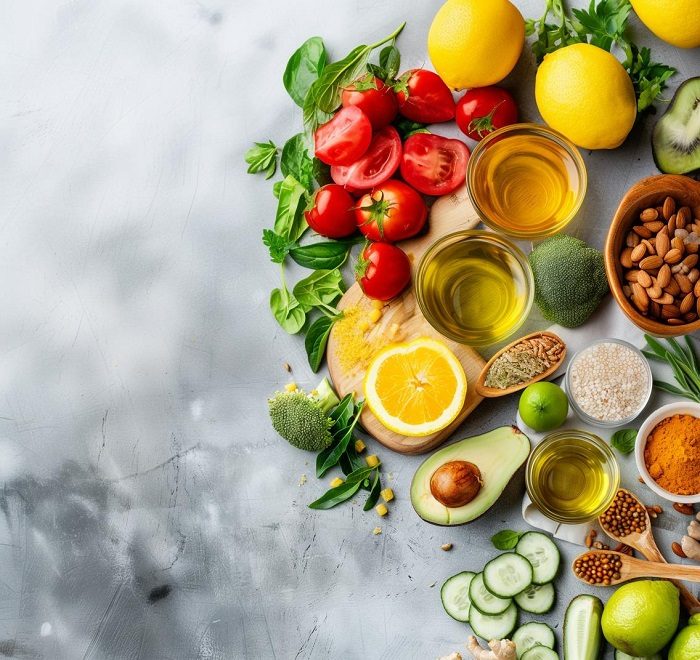
Expert Insights: Prebiotics vs. Probiotics for Gut Health
Naturopathic medicine highlights the importance of prebiotics and probiotics for maintaining a healthy gut microbiome. This article explores their functions, benefits, and food sources to help you make informed choices for optimal gut health.
Key Takeaways:
- Prebiotics: Non-digestible fibers that feed good gut bacteria
- Probiotics: Live bacteria that replenish gut flora
- Gut health benefits: Promote good bacteria growth, improve digestion, boost immunity, reduce diarrhea, ease constipation, and alleviate IBD symptoms
- Best foods for gut health: Fruits, vegetables, legumes, whole grains, fermented foods like yogurt, kimchi, sauerkraut, and kefir
Demystifying Prebiotics and Probiotics:
Prebiotics are non-digestible fibers that nourish good bacteria, promoting their growth and activity. Probiotics are live bacteria that directly replenish good bacteria in the gut. Both are essential for a healthy gut microbiome.

Gut Health Benefits:
Prebiotics:
- Support healthy digestion
- Enhance immune function
- May reduce the risk of IBS
Probiotics:
- Ease symptoms of diarrhea, constipation, and bloating
- Offer relief for IBD
- Potentially contribute to improved mental health
Incorporating Prebiotics and Probiotics into Your Diet:
- Eat prebiotic-rich foods like fruits, vegetables, legumes, and whole grains
- Include probiotic-rich foods like yogurt, kimchi, sauerkraut, and kefir
- Consider consulting a naturopathic doctor for personalized supplement recommendations
You can Support your gut health with Down To Earth Organics with a range of natural products to support your gut health journey.
Website: downtoearthorganics.com.au
The Gut Microbiome: A Flourishing Ecosystem Within
Your gut is a complex ecosystem with trillions of microorganisms, collectively known as the gut microbiome. These microbes include bacteria, fungi, and viruses, and maintaining a healthy balance between them is crucial for overall well-being.
The Power of a Balanced Gut
A balanced gut microbiome plays a central role in various bodily functions. It aids in digestion and nutrient absorption, strengthens your immune system, and even influences your mood and mental health. When this delicate balance gets disrupted, it can lead to a cascade of digestive issues like bloating, gas, constipation, or diarrhea. It might also contribute to more chronic conditions like inflammatory bowel disease (IBD) or irritable bowel syndrome (IBS).
Prebiotics: Food for Your Gut Flora
Prebiotics are a type of dietary fiber that your body can’t digest on its own. However, they act as a fertilizer for the good bacteria residing in your gut. Think of them as providing nourishment for these beneficial microbes, allowing them to thrive and keep the not-so-friendly ones in check.
FAQs:
- Gut health improvement is a gradual process, and individual results may vary
- Prebiotics and probiotics are generally safe, but may cause mild side effects like bloating or digestive discomfort
- Additional tips for promoting gut health include managing stress, prioritizing sleep, limiting processed foods, staying hydrated, and considering fermented foods
By understanding the roles of prebiotics and probiotics and incorporating them into your diet, you can support your gut health and overall well-being. Consult with a healthcare professional for personalized advice.




